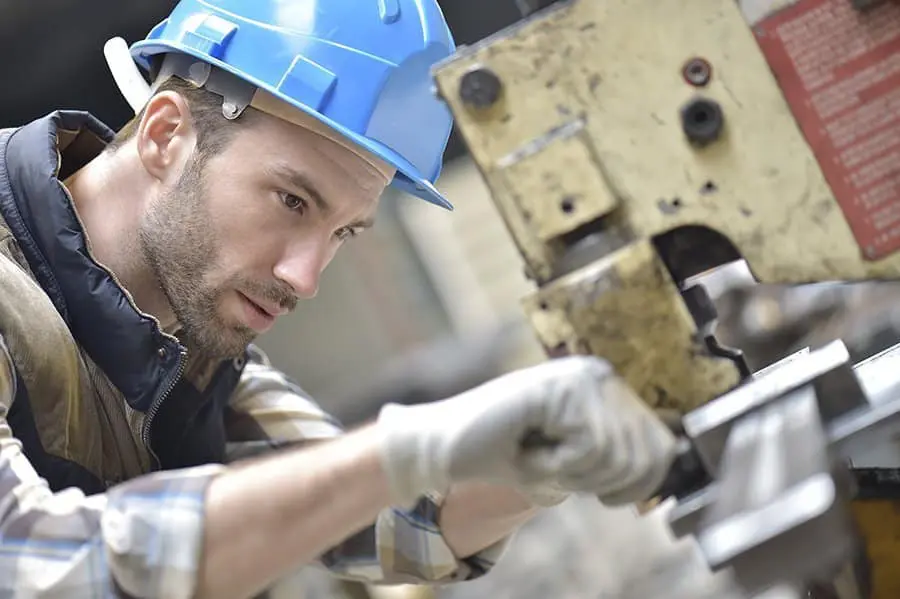There comes a time in every asset’s lifecycle when a maintenance manager asks the same question: Should I repair it or replace it?
The answer depends on several factors unique to your situation and your organization. If a breakdown has halted production, you’ll likely answer this question differently than if it’s an older piece of equipment at the end of its lifecycle.
Either way, however, it’s important to make this decision based on facts, rather than assumptions.
What You Need to Know
The best decisions are informed decisions. When you’re asking if you should repair or replace an asset, you need to know some key information, such as…
- Maintenance and operating costs to date
- Impact on operations or production
- Safety issues
- Expected remaining service life
- Current resell market value
- Disposal costs
- Warranty or vendor service contract
- Efficiency
How to Decide
This information is the basis for data-driven decision making, which simply means you’re making a decision based on hard data rather than assumptions or guesses.
[related-content]
Every organization has different criteria for replacement versus repair.
For example, one MPulse customer forecasts asset replacement when the cost of maintenance to date reaches 75% of the replacement cost. Another customer has different criteria for equipment based on its value to the production process, replacing assets that are vital to operations sooner than assets that have less of an impact.
And some maintenance operations still run assets until they break down and aren’t repairable anymore.
Making this decision is a lot easier when you have accurate information to go on. That’s where CMMS software comes in.
Why CMMS Software Makes It Easier
With each purchase and every work order, CMMS software documents…
- Labor costs
- Parts costs
- Energy costs
- Purchase price and date
- Life expectancy
- Warranty information
- Replacement costs
- Other custom data
By running a few simple reports, you’ll know which assets cost the least amount of money to maintain and repair. You also can calculate when the increased efficiencies of newer models will pay off in the long run.
CMMS data changes the way you make decisions because you have all the information at your fingertips to determine the total cost of ownership.
Want to know when it’s time to repair or replace an asset? Contact us. We’re here to help.


